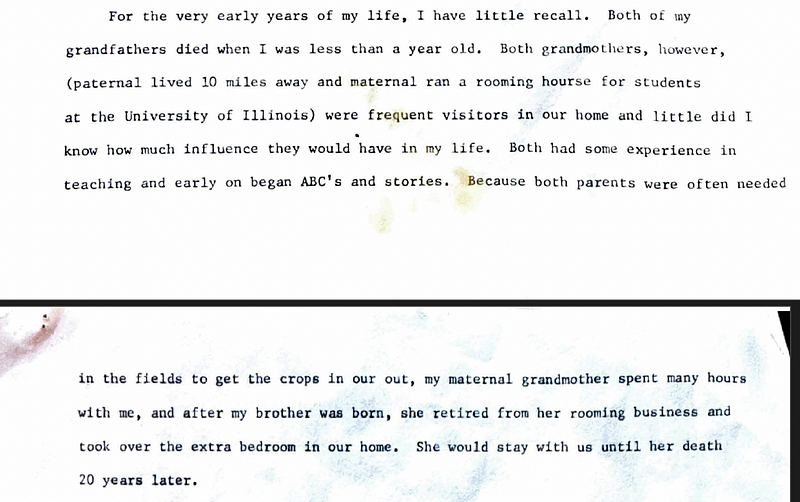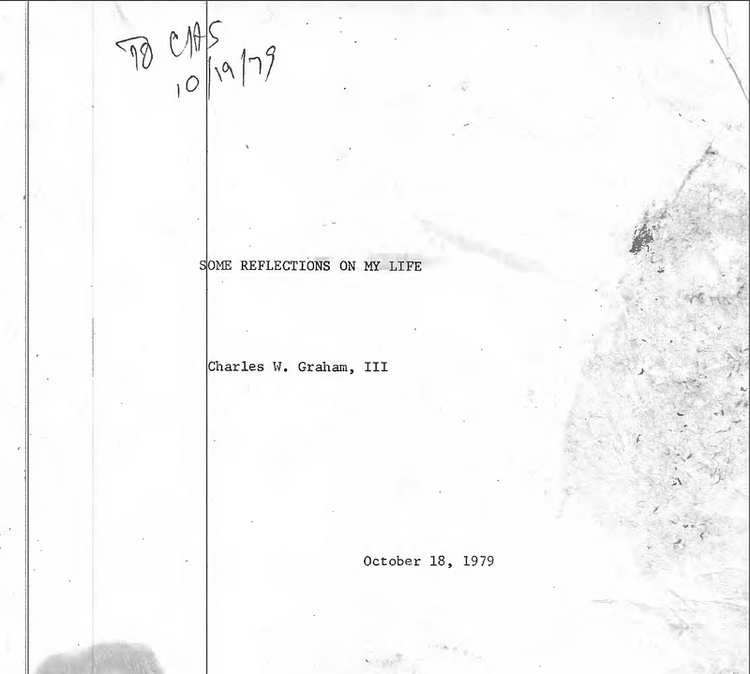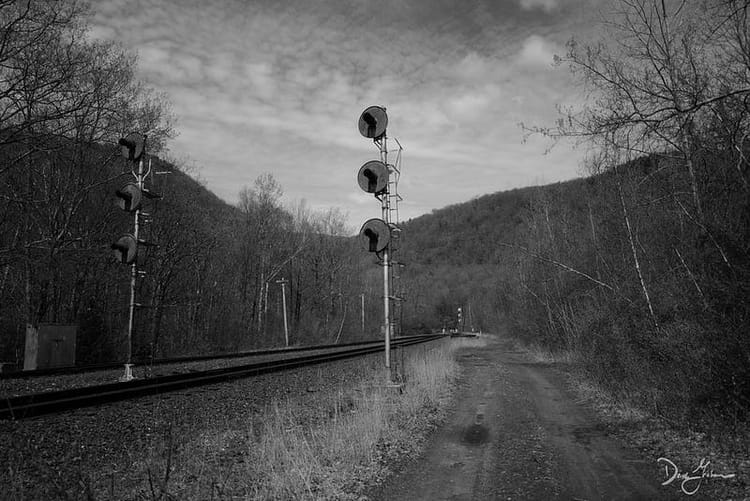In the Shadows of Wonder

Going through my archives of photos, I’m reminded of where I started my journey in writing with a semblance of cadence. In the shadow of the moon and Vestrahorn, it was here that perhaps exercising a long-dormant muscle would be a good idea. I didn’t know where this adventure would take me then, but I’ve got it on good authority that something seems to be working out.
What we encounter in life starts from the baseline of “I wonder if…” This line of querying inevitably ends in either action or inaction, but there can be a few years between the question and the answer. We’re not always allowed to answer those burning existential questions immediately (patience is a virtue, after all), but we need not let them fade into the ether.
In the same way, we have used this idea to attempt to justify our bad social programming. “If they would only try…” or “They’re too lazy to do it…” become the dog-whistles we offer because we don’t seem to understand that the affordances we have are not universal, are not applied with equity in mind, and certainly don’t have altruism at their core. One need only look at the application of public subsidization dollars (via SNAP, Welfare, and other social programmes) to see how poorly we understand how life works and how society functions.
The argument has been sustained repeatedly that how we measure people’s abilities to function in society is built upon layers and layers of implicit bias. The genesis of IQ tests, while inherently good from a quantization standpoint, quickly became a biased instrument to oppress marginalized people groups and delineate services that they could receive. In our more modern societies, we’ve taken a similar tact with digital “haves” and “have nots.” We’ve ensured that data access and accessibility are new tools for bifurcating social structures and that the ability to use technology to advance oneself is a classist struggle.
One need only look at the various legislation measures around artificial intelligence being passed around the globe and the people agitating for looser constraints on development and application. I’ve said it many times previously, but the insidious nature of folks like Sam Altman, Elon Musk, Jeff Bezos, Alex Karp, Peter Thiel, et al. is not to ensure the survival and success of humanity as a whole but to leverage markets to ensure their comfort and survivability. It’s social experimentation and oppression being conducted right under our noses, and we don’t bat an eye.
We should rethink our strategies and applications of technology. From a foundational level, we need to pursue the good of the many, not the excess of the few. We must embrace the differences and affordances of our stories and how they, together, weave social systems and cohesion that technology actively seeks to divide.
I don’t believe we should eschew data or information. On the contrary, embracing a fundamental, unbiased truth of our history, present state, and developing future should be intrinsic to our participation. However, this also means that data access needs to be democratized in meaningful ways, from the cradle to the grave, not just as lip service by one political party to the vapid promises of votes and dollars.
As we head into the weekend, how can we contribute to the ever-enlarging social information gyre? What are the ways we can begin to build and build upon the foundational truths of our people? How do we start to reclaim the ground that has been taken from us by the technorati, the SV cohort of oligarchs, and authoritarians?
Perhaps by seeking answers to these questions, we’ll begin to understand more of how action comes from asking the “what ifs,” “whys,” and “whens,” and we’ll start to see a shift, however slight, in our social structures.
May it ever be so.





